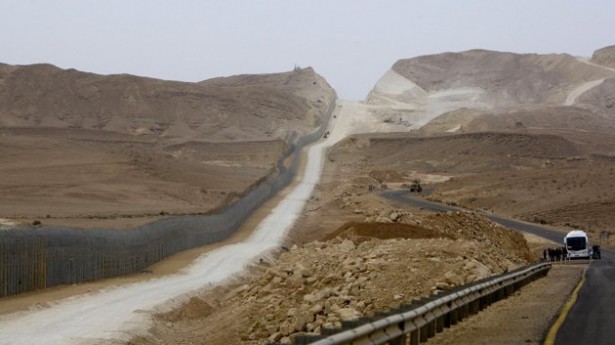Hezbollah’s armed insurrection in May, which overran Beirut and other parts of Lebanon, has dealt a further blow to hopes of true state sovereignty in the country, strengthening Hezbollah and weakening the Western-backed government. But it also brought about a new political accord, negotiated in Doha, Qatar, providing for election of a president after a long stalemate, formation of a national unity government, a new election law, and a return to a national dialogue over relations between the state and non-state actors, particularly Hezbollah.
There is much speculation about the reasoning behind the government’s decisions in May to dismiss the pro-Hezbollah chief of airport security and investigate Hezbollah’s private telecommunications network, which sparked the confrontations. The government had been under longstanding international pressure to honor at least some of its international commitments to contain Hezbollah, and it wrongly calculated that the group would only respond in a limited way. Most importantly, the government mistakenly reckoned that Hezbollah would not risk Shia-Sunni clashes in Beirut.
Similar questions surround Hezbollah’s reasoning in unleashing large-scale action that risked sectarian warfare and jeopardized its moral high ground.
But it has largely achieved its aims. Militarily, it has nipped in the bud any potential armed militia in West Beirut that could hinder its movement beyond the southern suburbs. It also secured key highways south and east of Beirut that Druze leader Walid Junblatt previously dominated and reasserted its access to the capital’s airport and seaports.
Politically, Hezbollah abandoned its policy of waiting out the government, in favor of pushing it to the breaking point and quickly fashioning a new status quo. Now it has strong influence with the new president whom it helped bring to power, a blocking veto in the next government, and it has drawn a clear line in the sand regarding the untouchability of its arms and its communication and operational infrastructure.
Hezbollah and its main backer, Iran, were motivated by two concerns: fear of the next Israeli attack, which Hezbollah believes is inevitable, and concern over Syrian-Israeli peace talks that, if successful, could leave Hezbollah without its main bridge to Iran. Hezbollah has been rearming and redeploying since the 2006 war; the actions of May further consolidate its position in and around Beirut. By reasserting its access to the airport and seaports, and by consolidating the political situation in the country, Hezbollah can better survive a shift in Syrian policy: the United States and Israel can no longer ask Syria to “deliver Hezbollah as part of any peace deal over the Golan.
Morever, by resuscitating the weak institutions of the Lebanese state, Hezbollah gains important political protection from external attack. It will be hard for Israel to launch a large-scale attack on Hezbollah if it is participating in a semi-stable Lebanese state headed by an internationally recognized president, with a pro-Western prime minister and a democratically elected parliament, teeming with tourists, and buffered by 10,000 UNIFIL troops in the south. In other words, Hezbollah’s survival strategy partly depends on the protective shell of a rickety Lebanese state.
Hezbollah’s moves were clearly a defeat for the US and Saudi Arabia.
However, when they saw that Hezbollah had limited demands and wanted Lebanon’s Western-backed coalition to continue to lead the government, they chose to make advantage out of adversity. The US and Saudi Arabia welcomed the Doha Agreement and the election of the new president, and Secretary of State Condoleezza Rice flew to Beirut to express US support for the president and the Lebanese state.
Qatar’s role in bringing about a resolution, alongside that of Turkey in mediating Syrian-Israeli talks, signals a return to pragmatism in Middle East relations. It also indicates the dead-end to which the ideological politics of the US, Iran, and Saudi Arabia has led. Although the Doha agreement papers over serious political and institutional contradictions, it reinforces the emergence of a pragmatic approach toward managing the region’s crises.
Lebanon now limps forward carrying the contradictions of internal and regional politics with it.
The Doha agreement might allow a number of months, or years, of relative calm. But until the Lebanese state is able to integrate or dominate non-state militias, and until some of the raging confrontations in Lebanon’s immediate environment are calmed, Lebanon is not likely to know real stability.
Paul Salem is the Director of the Carnegie Middle East Center in Beirut, Lebanon. This commentary is published by DAILY NEWS EGYPT in collaboration with Project Syndicate (www.project-syndicate.org).

